Best Practices
Oncology nurses play a central role in helping patients understand ctDNA testing, its benefits, and limitations.
New research provides deep insights into how patient-nurse relationships can shape patients’ experiences.
Major questions remain around the accuracy of artificial intelligence applications such as ChatGPT.
Cancer Nursing Today is honored to introduce the four finalists for the Third Annual CARE Award.
Hear from Karen Tamulonis, BSN, RN, who is a finalist for this year's CARE Award.
Meet Faith Selchick, DNP, RN, AGNP-BC, AOCNP, OCN, who is a finalist for this year's CARE Award.
Meet Amanda Coble, RN, MHA, OCN, a finalist for this year's CARE Award.
Hear from Michelle Carpentier, MSN, RN, OCN, a finalist for this year's CARE Award.
The rapidly evolving landscape of MIBC care requires healthcare professionals to quickly adapt to patient needs.
Nurse-led health coaching showed significant benefits for clinical and psychosocial outcomes in patients with cancer.
Ovarian cancer can pose a significant psychological impact on young and middle-aged patients who may be prone to rumination.
Darcy Burbage, DNP, RN, AOCN, explains how nurses can assess survivorship needs and connect survivors with resources.
Oncology nurses are uniquely positioned to prepare and support climate-informed care for patients with GVHD.
As patients increasingly explore CBD to manage GVHD or its symptoms, oncology nurses should be aware of the data.
Learn about a new system to educate oncology nurses on the latest guidelines for managing infusion-related reactions.
Nurses are instrumental in guiding patients through the decision-making process around repeat biopsies.
Learn about the factors that oncology nurses should consider when caring for patients who are undergoing BRCA testing.
A new study highlights the critical role of nurses in cost-effectiveness and resource management.
Darcy Burbage, DNP, RN, AOCN,
Joyce Neumann, PhD, APRN, AOCN, HEC-C, FAAN, shares insights from her career as a clinical ethicist.



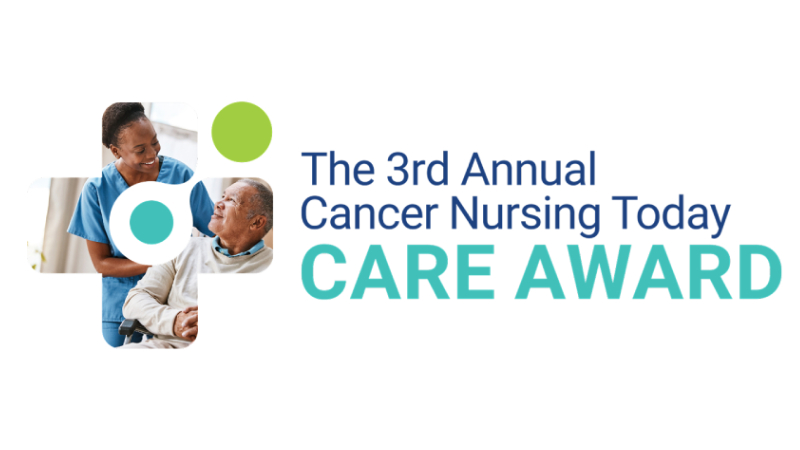
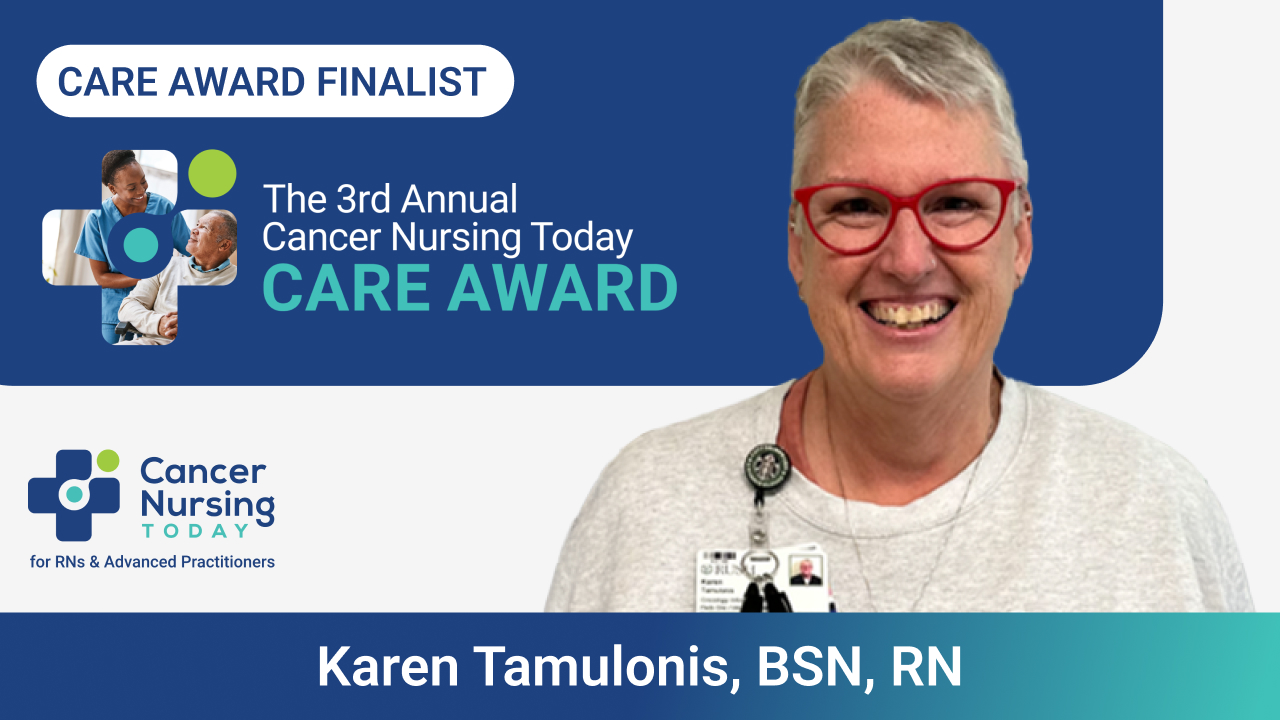
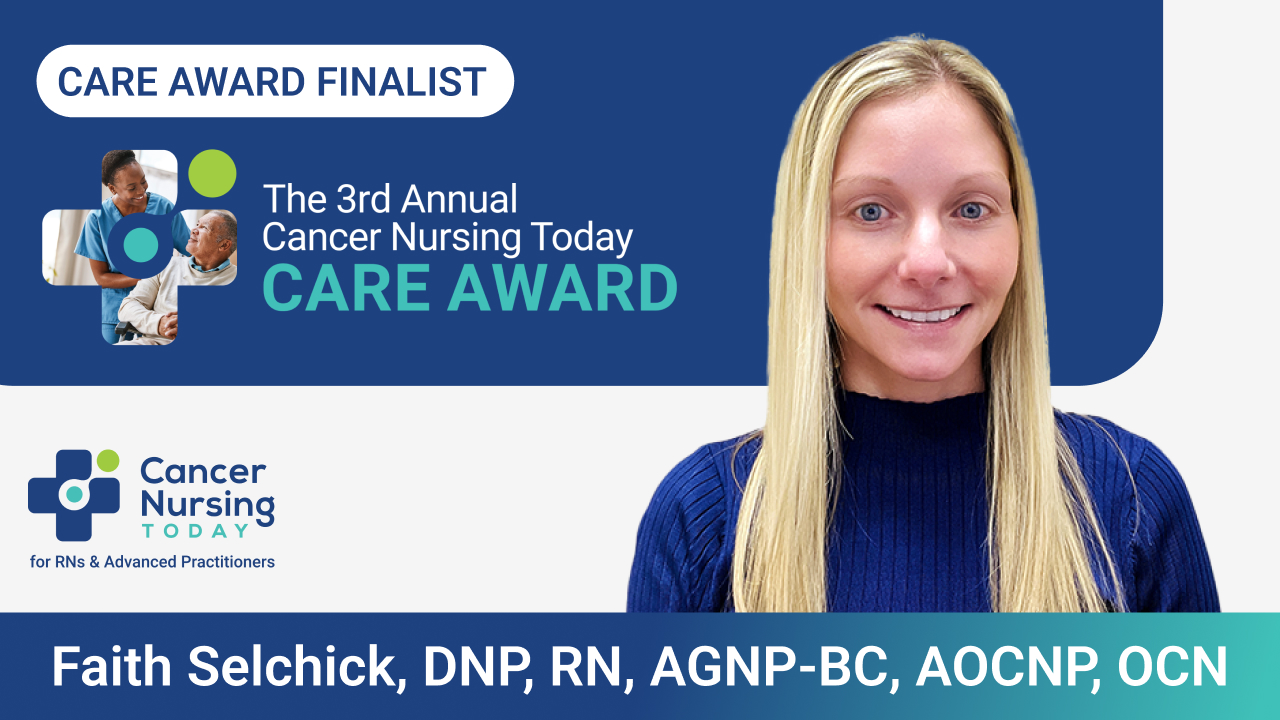
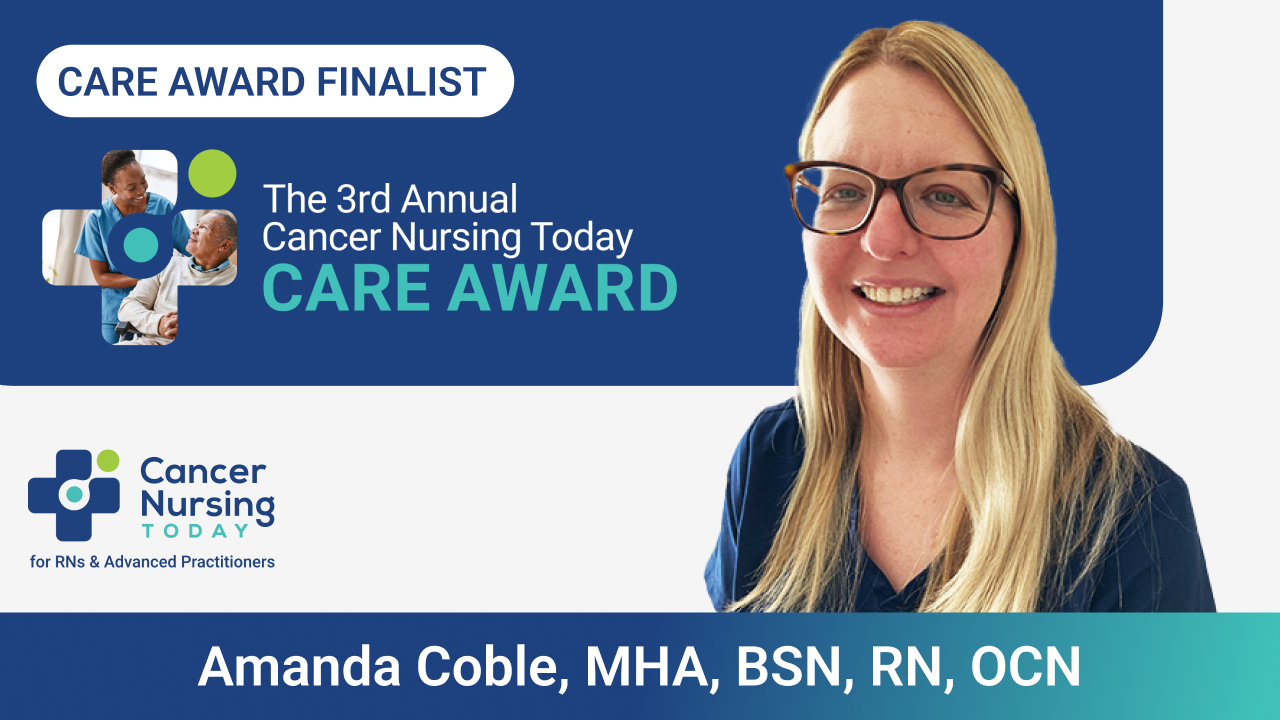
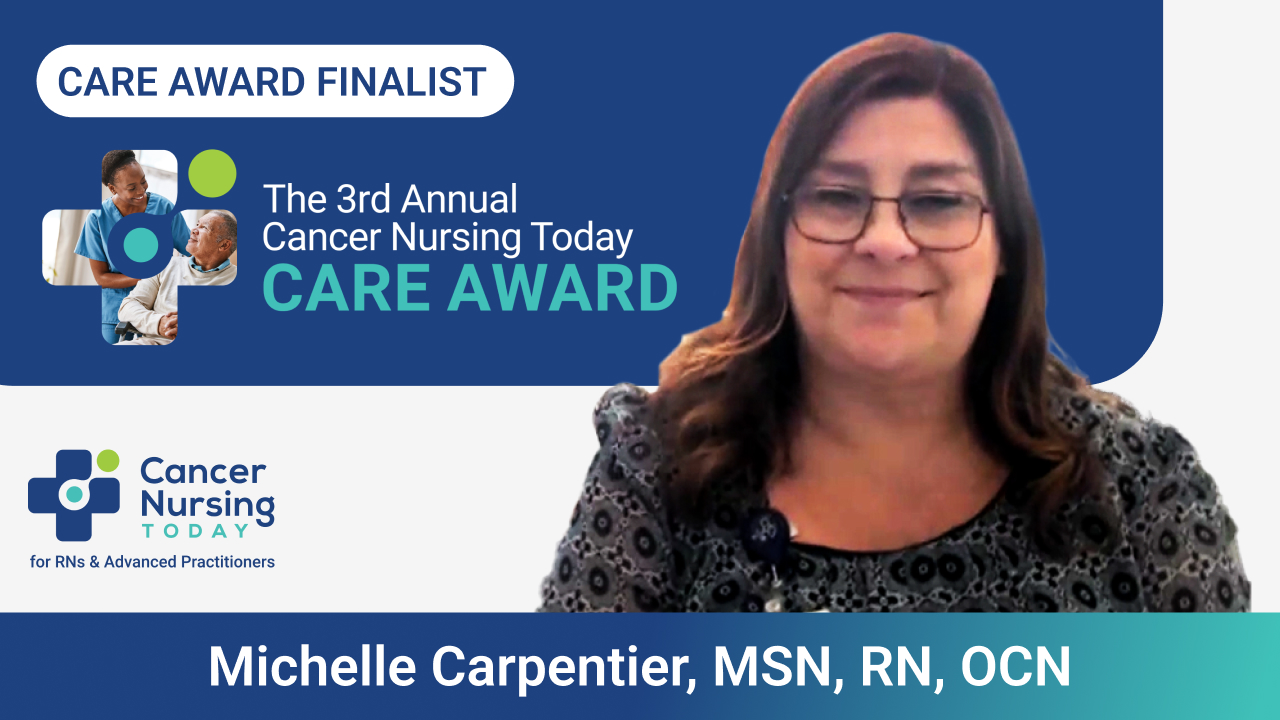



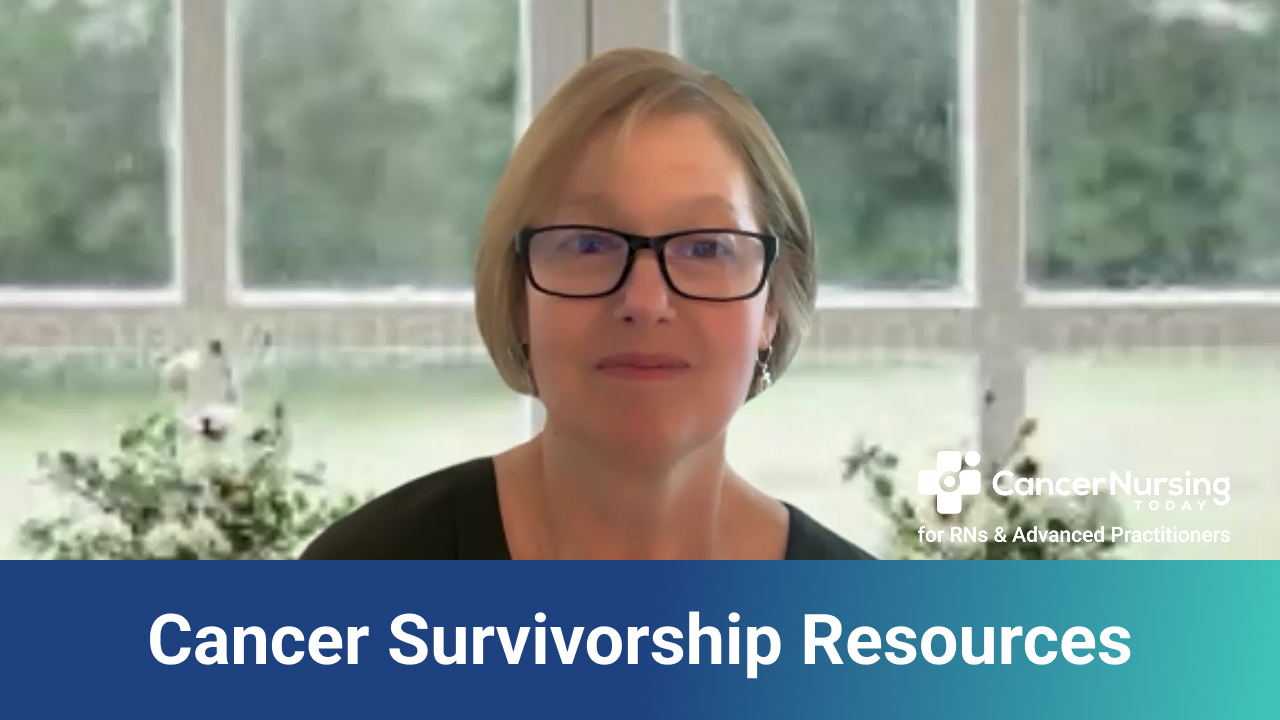







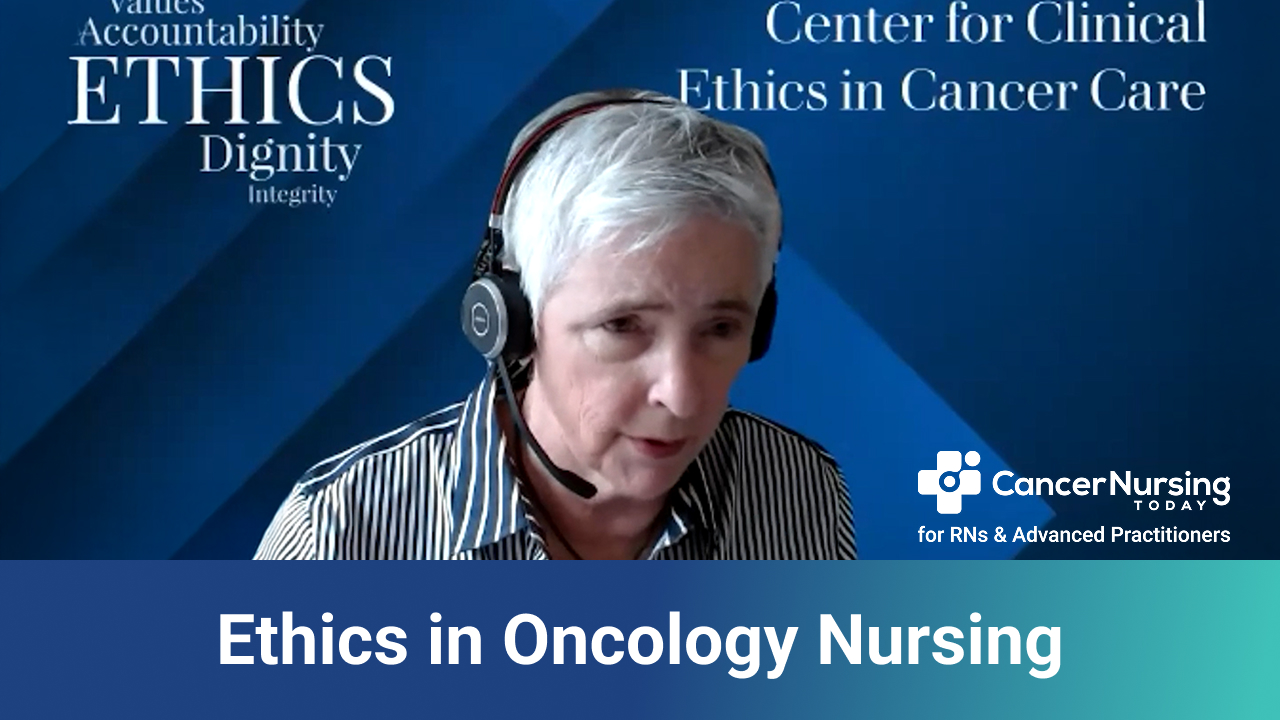

 © 2025 Mashup Media, LLC, a Formedics Property. All Rights Reserved.
© 2025 Mashup Media, LLC, a Formedics Property. All Rights Reserved.